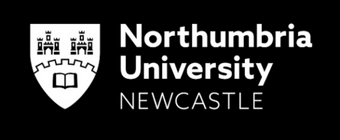Are you looking to develop a global understanding of society, social dynamics and modern life; expertise in research and analysis; and strong decision-making skills? You will need an enquiring mind and a desire to get out into the community to see the ‘real issues’ and get involved in bringing about change.
You will graduate prepared for employment in a number of fields that require a sophisticated, critical and questioning understanding of the workings of society, including central government, the police, the prison system, community safety and education.
Our Department of Social Sciences is a community that equips you to make a positive social change, become a critical thinker, a problem solver, and to challenge what you think, see and hear.














